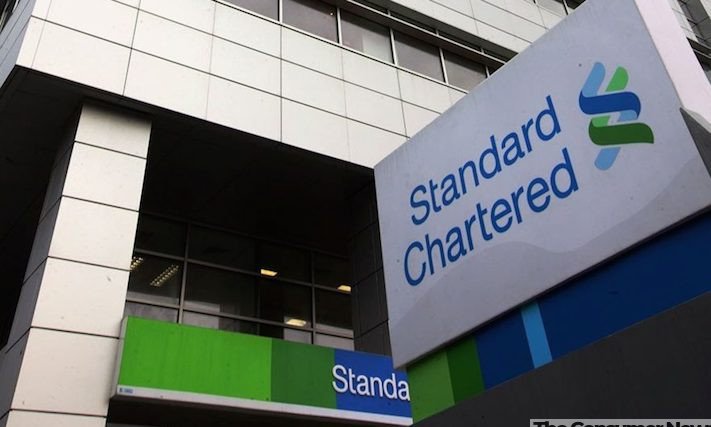In a move that has sent shockwaves through Nigeria’s banking community, Standard Chartered Bank Nigeria has announced that it will close all personal bank accounts with less than ₦7.5 million in total assets by February 28, 2026.

The directive was contained in a customer email titled “Important Notice: Branch Network and Segment Update”, in which the bank explained that it is restructuring its operations, phasing out its Personal Banking segment, and introducing a new Emerging Affluent Segment.
Under the new policy, customers must maintain a minimum balance, referred to as Assets Under Management (AUM) of at least ₦7.5 million to remain eligible for services. Accounts that do not meet this threshold by the deadline will be closed.
“To continue to enjoy our world-class services, you are required to increase your Assets Under Management (AUM) with us to meet our new Emerging Affluent segment minimum balance of NGN 7.5m (or its equivalent) by February 28, 2026. Accounts without the minimum balance by the deadline will be closed,”
The bank said the change follows its “successful fulfilment of the Central Bank of Nigeria’s (CBN) minimum capital requirement of ₦200 billion for national commercial banks,” and aligns with its efforts to “optimize services” and focus on digital banking.
A Bank for the ‘Emerging Affluent’
This shift effectively means Standard Chartered is exiting retail banking for average Nigerians, positioning itself as a bank for high-net-worth and upper-middle-class clients.
The bank’s statement also confirmed that it will close some of its physical branches in Lagos, Abuja, and Port Harcourt by January 15, 2026, as part of a digitization and cost-optimization strategy.
With only a few branches remaining, two in Victoria Island, one in Abuja, and one in Port Harcourt , Standard Chartered appears to be consolidating its Nigerian operations around wealthier urban clients.
Impact on Customers
For many existing customers, the new ₦7.5 million requirement represents a steep and exclusionary threshold in a country where the average monthly salary is below ₦150,000.
Critics argue that the move underscores the growing divide in Nigeria’s financial system, where commercial banks are increasingly targeting high-value clients, leaving smaller customers to microfinance banks and fintech platforms.
Financial inclusion advocates have also expressed concern that such policies could push middle-class Nigerians out of traditional banking, particularly amid inflation, naira depreciation, and rising living costs.
Digital Focus or Elite Banking?
While the bank emphasizes digitization and global connectivity across Africa, Asia, and the Middle East, the shift raises questions about accessibility and equity in the banking sector.
Standard Chartered’s decision mirrors global trends where legacy banks are narrowing their retail focus, but in Nigeria where less than 45% of adults are fully banked the impact could be more severe.
What Happens Next
Affected customers now have just a few months to decide whether to upgrade their accounts, move their funds, or close them before the deadline.
The bank maintains that its digital banking platforms will remain available 24/7 for clients who meet the new minimum balance requirements.
Bottom Line
Standard Chartered’s decision to limit its Nigerian clientele to those with at least ₦7.5 million marks a major realignment in the country’s financial landscape one that risks sidelining millions of regular depositors in favor of a smaller, wealthier base.
As other banks face increasing pressure from new capital requirements and a shifting economy, Standard Chartered’s move could signal the beginning of a broader elitization of banking in Nigeria.





